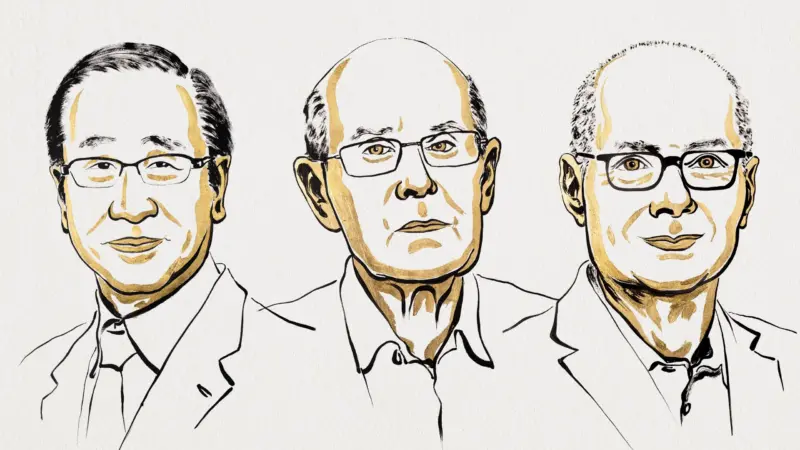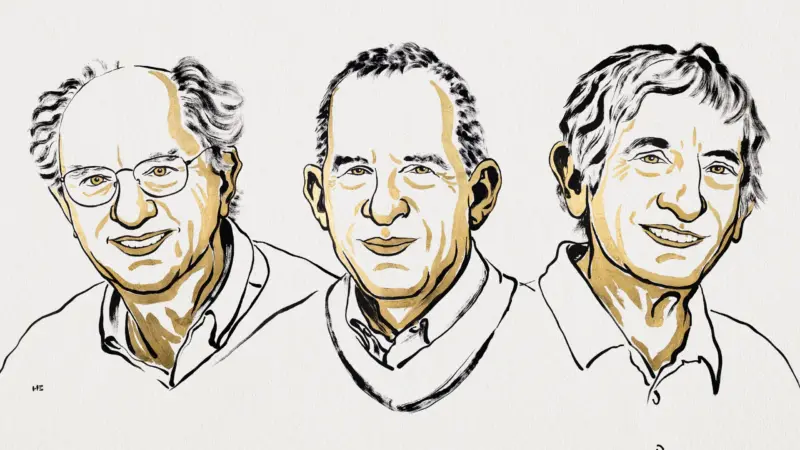2024 Nobel Prize in Chemistry Awarded for Breakthroughs in Protein Research
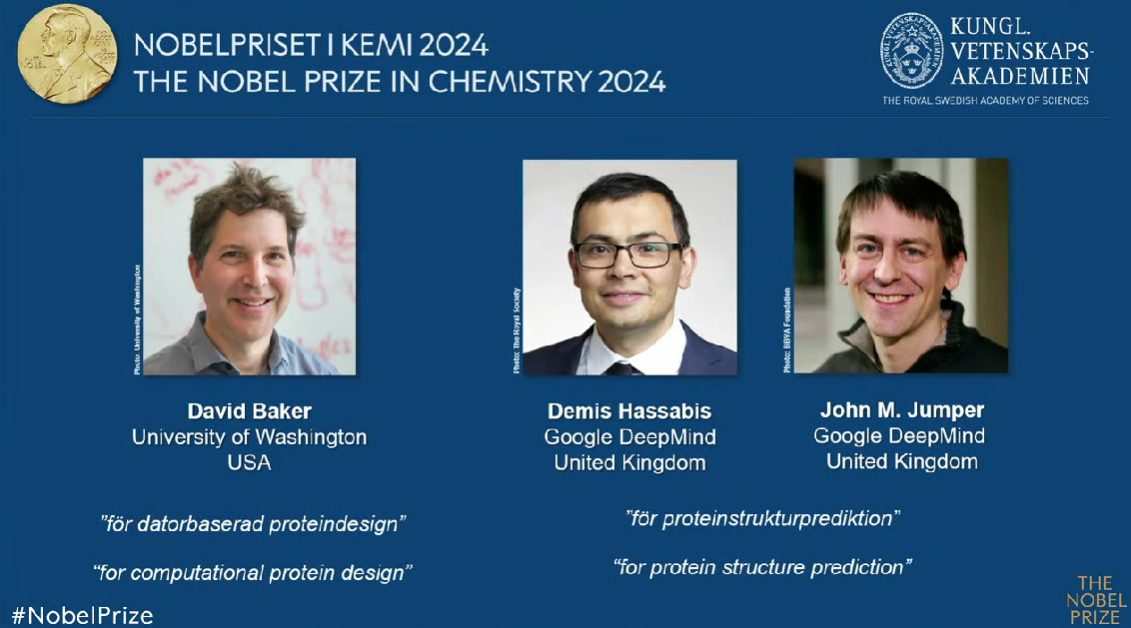
The Royal Swedish Academy of Sciences has announced the prestigious Nobel Prize in Chemistry for 2024, an honor that this year goes to three remarkable scientists: David Baker, Demis Hassabis, and John Jumper. This award not only highlights their individual achievements but also underscores the disruptive advancements they have made in the world of protein research and its numerous applications.
Understanding the Winners
David Baker: Architect of New Proteins
David Baker, a professor at the University of Washington in Seattle, has made significant strides in the design of new proteins. His inventive approach involves the creation of entirely new types of proteins, which were previously unimaginable in nature. Baker’s research group has been at the forefront of this innovative field, developing imaginative protein designs that could play crucial roles in various sectors, including pharmaceuticals, vaccines, nanomaterials, and sensors.
The implications of Baker’s work are profound, as his engineered proteins may pave the way for new treatments and technologies, emphasizing the vital role of protein research in addressing global challenges as antibiotics resistant bacteria.
Demis Hassabis and John Jumper: AI and Protein Structure Prediction
On the other hand, Demis Hassabis and John Jumper, both associated with Google DeepMind in London, have made remarkable contributions through their groundbreaking AI model known as AlphaFold2. This model has transformed the landscape of protein structure prediction, enabling scientists to anticipate the shapes of nearly all known proteins—over 200 million in total.
The accuracy of AlphaFold2 has far-reaching implications for biological research, including insights into antibiotic resistance and the visualization of enzymes that can break down plastic. Such advancements are critical in our understanding of complex biological processes and the development of solutions to pressing environmental issues.
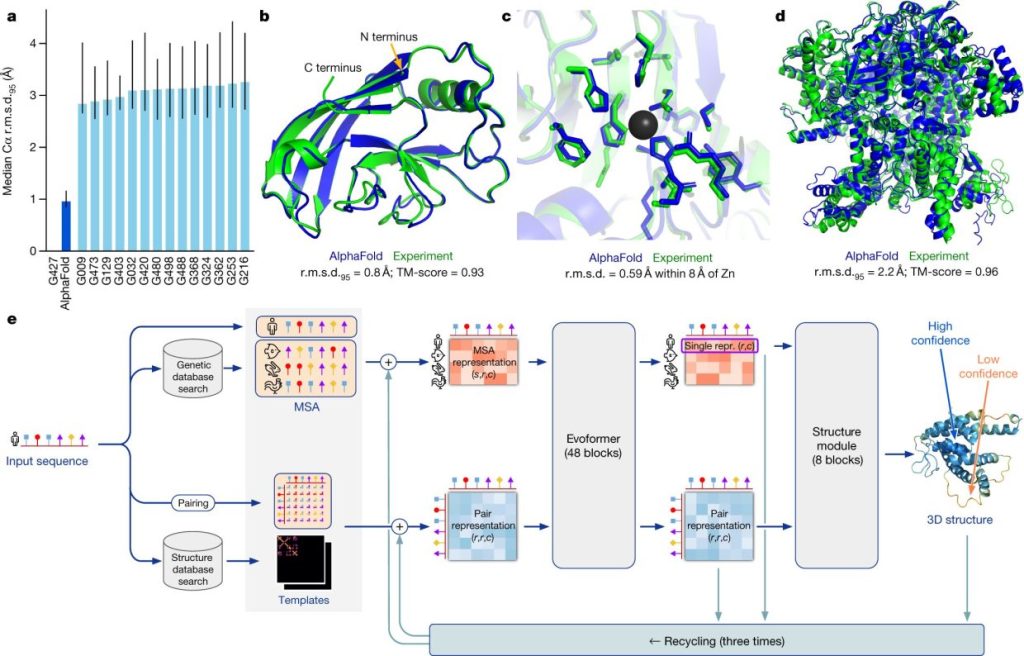
Related: Hopfield and Hinton Win 2024 Nobel Prize for Breakthroughs in Machine Learning
The Significance of Protein Research
Proteins: The Building Blocks of Life
Proteins are integral to the functioning of all living organisms. Often described as nature’s “ingenious chemical tools,” they facilitate and govern the chemical reactions that sustain life. Proteins have diverse roles, ranging from acting as hormones and signaling molecules to serving as antibodies and foundational components of tissues. The work conducted by Baker, Hassabis, and Jumper not only enhances our understanding of these vital molecules, but it also opens vast new possibilities for their applications in science and medicine.
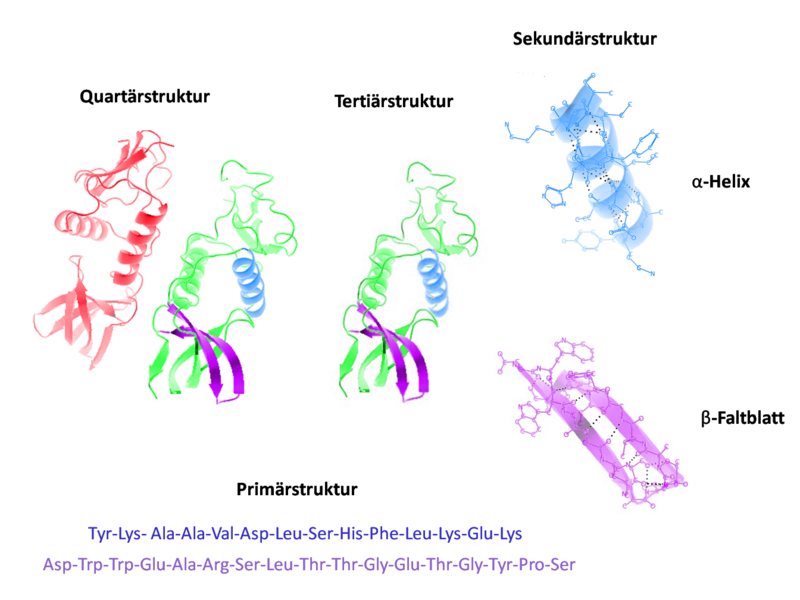
The Nobel Prize: A Recognition of Groundbreaking Discoveries
The 2024 Nobel Prize in Chemistry comes with a total prize amount of 11 million Swedish kronor. David Baker receives half of this sum, while the other half is equally shared between Demis Hassabis and John Jumper, reflecting the collaborative nature of their groundbreaking research endeavors.
This recognition by the Nobel Committee for Chemistry highlights not only the monumental discoveries made by these scientists but also their potential to significantly impact various fields, from biotechnology to environmental science.
The awarding of the Nobel Prize in Chemistry to David Baker, Demis Hassabis, and John Jumper is a testament to the extraordinary advances in protein research and the potential it holds for the future. Their groundbreaking work not only deepens our understanding of life’s fundamental processes but also sets the stage for innovative solutions to some of the world’s most pressing challenges. As we continue to explore the complexities of proteins and their structures, the contributions of these researchers will undoubtedly inspire and drive future developments in science.
Here is an official press release from nobelprize.org.
Also Read: Ambros & Ruvkun’s MicroRNA Breakthrough Wins 2024 Nobel Prize in Physiology & Medicine


